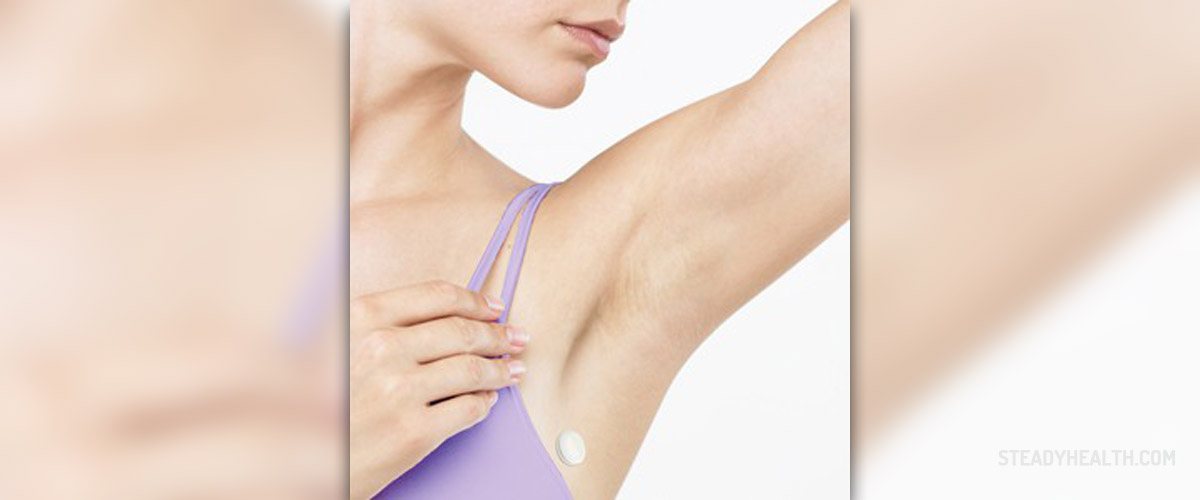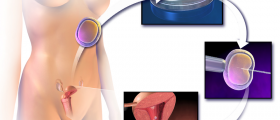
How does it work?
The patch that is placed under your arm records the tiniest temperature changes that your body goes through. In this sense, the new device seems similar to charting to conceive, only more effective. DuoFertility measures a user's body temperature a total of 20,000 (!!!) times a day, and apparently predicts ovulation with an accuracy rate of 99 percent.
The inventor of DuoFertility, Dr Shamus Husheer, said: What we now know, as a result of our work, is that for certain causes of infertility, DuoFertility is as effective as IVF. Clearly there are some infertility issues where the use of the device is unable to aid pregnancy, such as a complete lack of sperm. However, for a range of common causes such as moderate male factors, cycle irregularity and secondary or unexplained infertility, our monitoring device is achieving great results.
What do you think about this device? Would you buy it? I've heard that there are money-back guarantees for women who do not get pregnant within a year, which sounds promising. However, I find claims that DuoFertility is just as effective as IVF a bit much. While it sounds great, I'd liken it more to a glorified basal body thermometer than to IVF treatment. I am sure it can really help people who are completely fertile, or have mild fertility problems. Getting pregnant with low sperm count IS possible, for instance. But for those with more complicated fertility issues (as the inventor admits) it seems a bit far-fetched that temperature detection can help solve their infertility.

















Your thoughts on this
Loading...